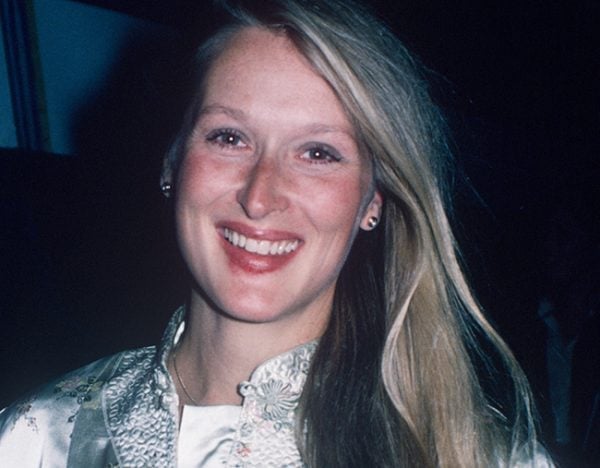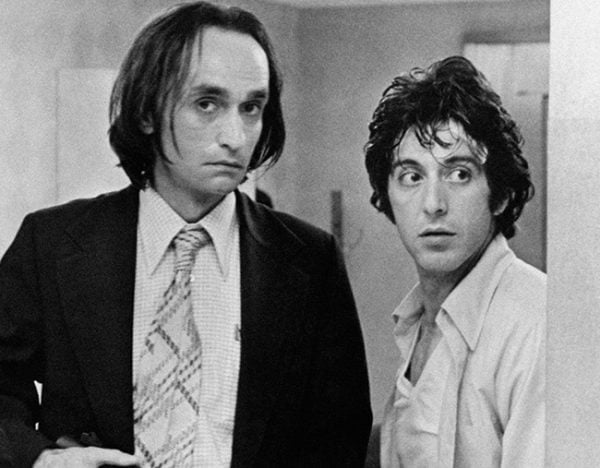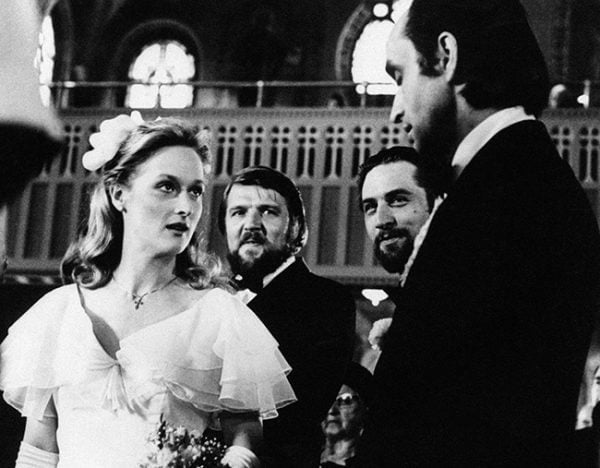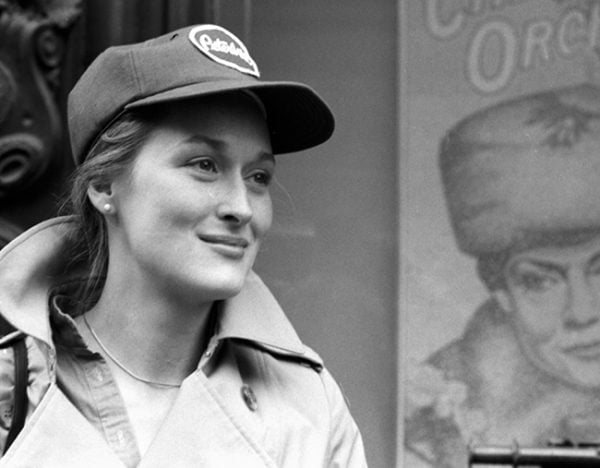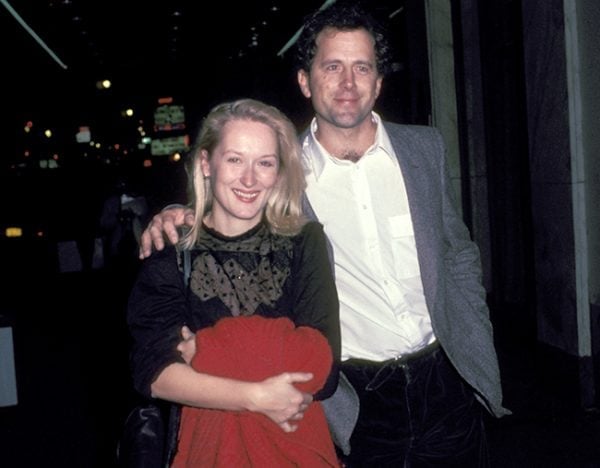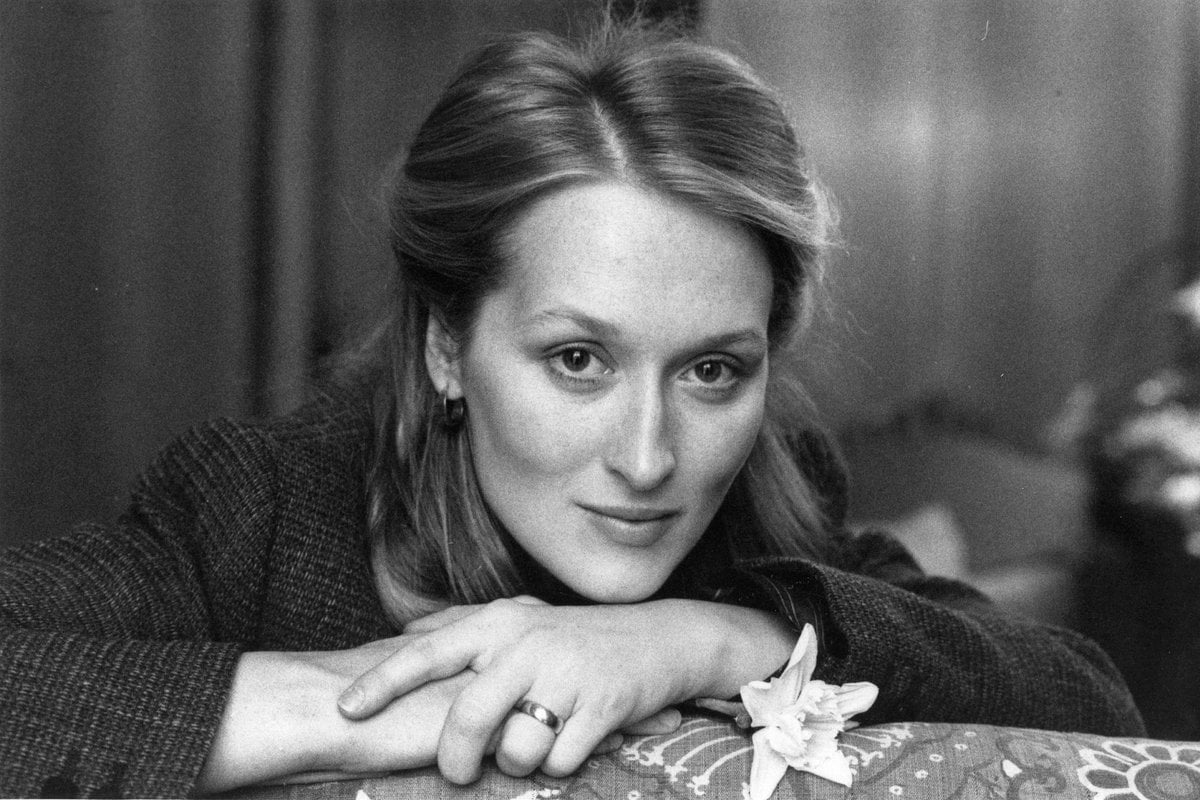
‘Fitting’ is a word too basic to describe the little-known story of Meryl Streep’s first, tragic love.
She seems to carry within her something different, a wire of electricity travelling the opposite way than the rest of us. It strengthens her mark on this world and seems to slice her, and her talent, into a different dimension.
She and her husband, American sculptor Don Gummer, have been married since 1978 but the circumstances that brought them together, and the love Streep had for another, serves as an explanation, as such, for her and Gummer’s notoriously private, protective life.
Meryl Streep describes the violence she has faced. Post continues after video.
Streep was 26 when she arrived in New York City to act on Broadway in 1976. She had just received her Masters of Fine Arts from Yale in Connecticut after growing up the daughter of an art editor mother and a pharmaceutical executive father in New Jersey.
She hadn’t always wanted to act. As a teenager, she had known this about herself:
- She didn’t “understand” singing, she told the author of her 2014 biography, Karina Longworth. But, with a childhood listening to Joni Mitchell, Neil Young, the Beatles and Abba, she knew she loved it.
- And she had no intention of working in film: “I was always in plays, but I thought it was vain to be an actress,” Streep told Indiana University’s Barbara Klinger in 2014. “Plus, I thought I was too ugly to be an actress.”
Something within her was ignited, however, when she appeared in the 1969 university play Miss Julie. Others noticed it, too. “I don’t think anyone ever taught Meryl acting. She really taught herself,” Streep’s drama professor at Vassar College, Clinton Atkinson, told Longworth.


